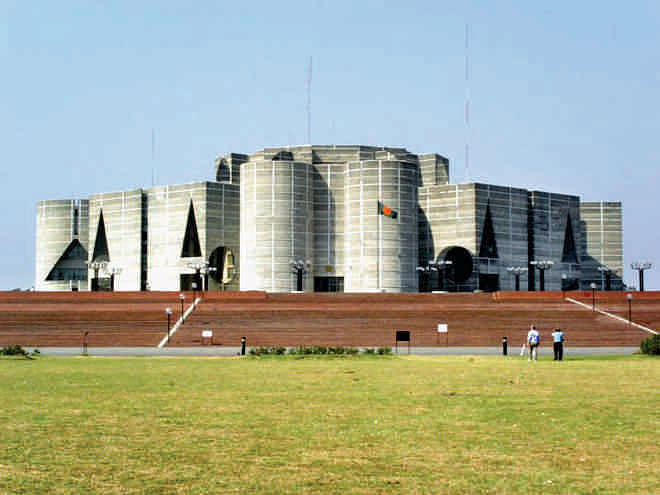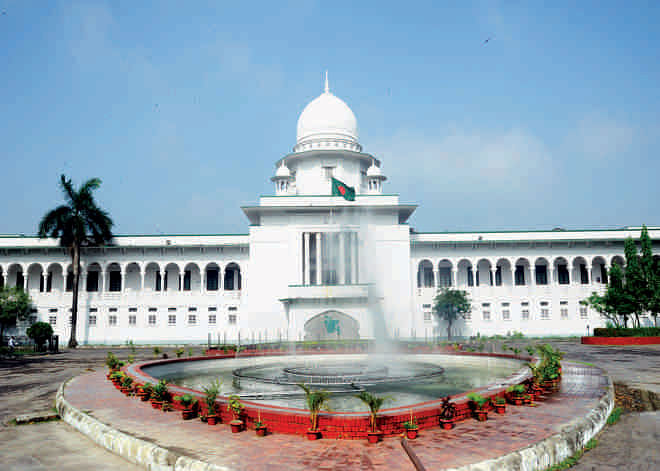Looking Back

The constitution of 1972 empowered the parliament to remove a Supreme Court judge on ground of misbehaviour or incapacity. The power was revoked in January 1975 before it had taken effect through the enactment of a law. The fourth amendment curtailed the parliament's power and empowered the president to remove a SC judge at his will, giving some room for the judge to defend himself before his removal.
The amendment had also curtailed the SC's control and supervisory powers over the lower level of courts and empowered the president with this sweeping authority. Through the fourth amendment the country switched to the presidential form of government, discarding Westminster-style democracy. And Bangabandhu was declared President without any election. The fourth amendment had formed BAKSAL, abolishing all other political parties. And Bangabandhu was made its chief with unlimited power.

Several amendments were brought to the constitution after 1975. The country switched to the parliamentary form of government in 1991. But the SC is yet to get back its authority over the lower courts as it had in the 1972's constitution. Rather, it lost the power to take actions against any of its judge through the Supreme Judicial Council. The latest amendment did not offer anything good for the SC as it was confined to the lone issue of empowering the parliament. But the process to empower the parliament is now mired in controversy. The government's move has been criticised by many jurists who feared that it will appear as a threat to the independence of the judiciary. Country's eminent jurists are urging the government to open a discussion on the amendment. But the government has not paid any heed to it.
Parliament however will not be able to exercise the authority even if the occasion arises until a new law is enacted to implement the new constitutional provision. The government has claimed that it will make the law in three months, which means that the government has put the carts before the horse. The government could have come up with the proposal of the enactment of the law along with the constitutional amendment bill.
The MPs who will be empowered to remove a SC judge are not able to independently discharge their duties in parliament as the article 70 imposed a stringent restriction on them. It is not possible for them to go against the party's decision in the parliament no matter whether the decision is right or wrong.
Even after the parliament passes a resolution to remove a SC judge, the prime minister will have a say in the matter. According to the constitution, the president will remove a SC judge by issuing an order after the parliament has passed the resolution. But the president is unable to act without the advice of the prime minister-- the latest constitutional amendment has, in fact, further empowered the prime minister, who has already sweeping power over judicial appointments. The latest development however has increased the danger of absolute powers as Lord Acton said: "Power tends to corrupt and absolute power corrupts absolutely.”
The writer is Senior Reporter, The Daily Star.

 For all latest news, follow The Daily Star's Google News channel.
For all latest news, follow The Daily Star's Google News channel. 




Comments